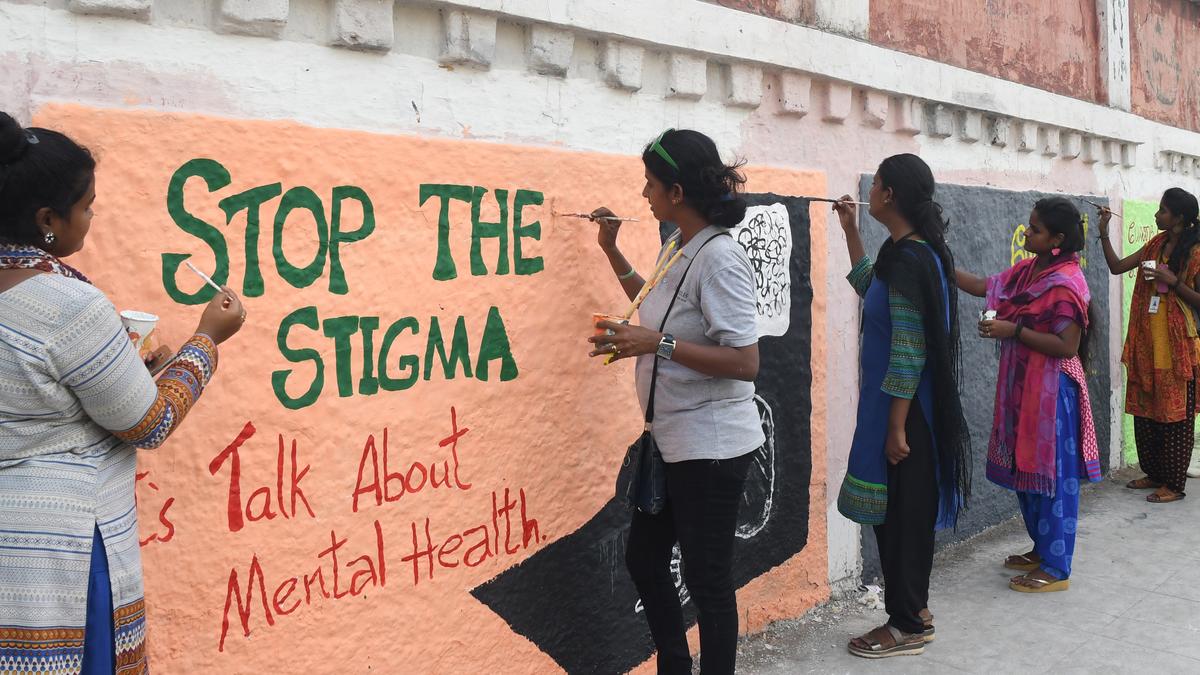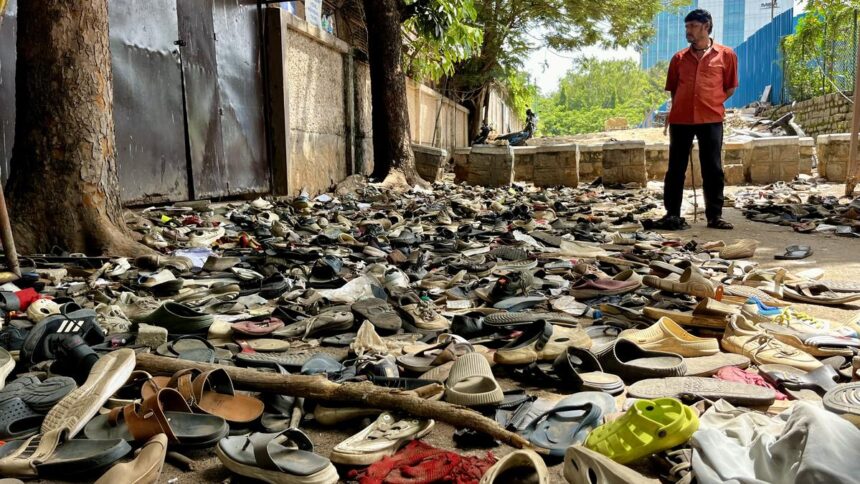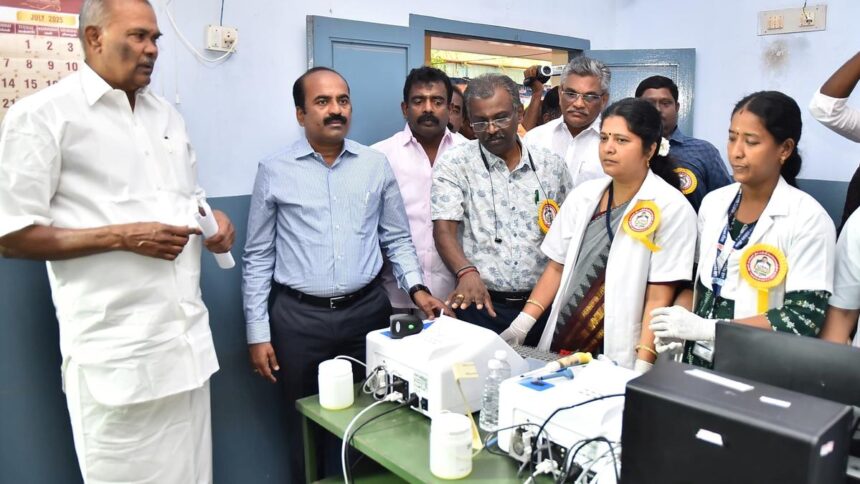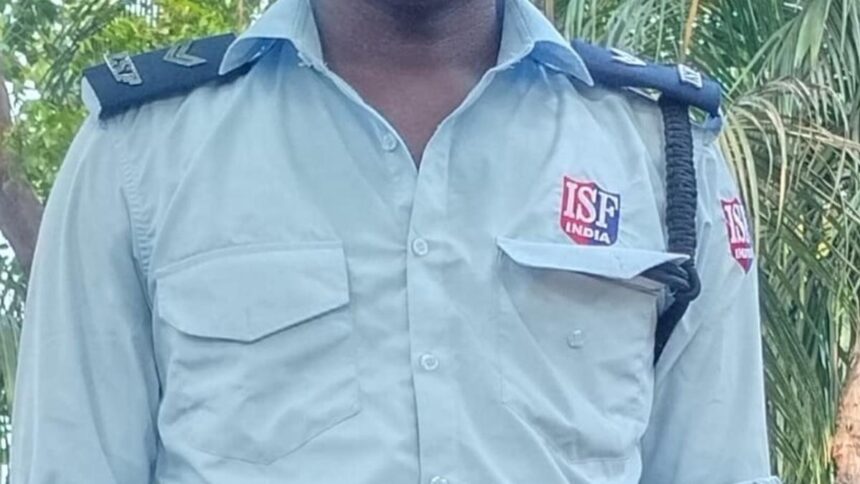The National Task Force (NTF) constituted by the Supreme Court to address student suicides and mental well-being in higher education institutions on Friday (August 8, 2025) launched a website hosting five surveys to gather inputs from stakeholders, including students, parents, faculty, mental health professionals, and members of the public.
The NTF was set up earlier this year in the context of student suicides across premier institutions, after parents of several students who had died by suicide — including those of IIT Delhi’s Ayush Ashna and Anil Kumar, both from Scheduled Caste backgrounds — approached the court seeking directions on caste discrimination, institutional support mechanisms, and administrative responses. The petitioners also included the families of Dalit students Rohith Vemula (2016) and Payal Tadvi (2019). The court constituted the task force in March.

Members of the NTF told The Hindu that the panel is conducting institute visits, stakeholder and expert meetings, alongside the newly launched surveys. One member said the NTF had so far visited six institutes in Delhi and Bengaluru, including AIIMS, Jawaharlal Nehru University, Jamia Millia Islamia, Ramjas College, the Indian Institute of Science, and Bangalore Medical College.
On future visits, the member said, “The NTF will also visit private universities. There are over 50,000 institutes across the country. It is not possible to visit all of them. The task force is yet to decide on whether to visit institutes like IITs, given that the incidents in those institutes have already been investigated by multiple committees.”
The 12-member NTF is headed by former Supreme Court judge Justice Ravindra Bhat, with experts in development studies, psychiatry, and civil society, and the Joint Secretary of Higher Education as Convener. Secretaries of the Ministries of Home Affairs, Education, Social Justice, Health, Women and Child Development, and the Department of Legal Affairs are ex-officio members.
Its mandate includes identifying “predominant” causes of student suicides – including ragging, discrimination, academic pressure, financial burden, and stigma around mental health – analysing existing regulations to assess institutional and systemic shortcomings, and recommending steps to improve student mental health and prevent suicides.
An NTF member said that during visits, the panel holds interactions with all stakeholder groups, including closed-door sessions with students to enable them to share grievances freely.
The surveys, available at ntf.education.gov.in, include separate questionnaires for students, parents, institutional representatives, mental health professionals, and the public. The site, accessible in English and Hindi, also provides student support resources with helpline numbers and a platform for institutes to share data.
While the matter was being heard, the University Grants Commission issued a draft regulation for promoting equity and addressing discrimination on campuses, after petitioners argued that the 2012 regulations were inadequate. Following the draft’s release, the petitioners submitted that the 2025 version diluted earlier provisions.

The court permitted the UGC to proceed with the notification process, noting that the NTF’s mandate covered the subject and that the regulation could be amended based on the task force’s recommendations, if required.
An interim report is expected in September, following which the NTF is scheduled to submit the final report by the end of this year.
Those in distress or having suicidal tendencies could also seek help from Sanjivini, Society for Mental Health suicide prevention by calling 011-40769002 or any of the numbers found in this link.
Published – August 08, 2025 10:03 pm IST























